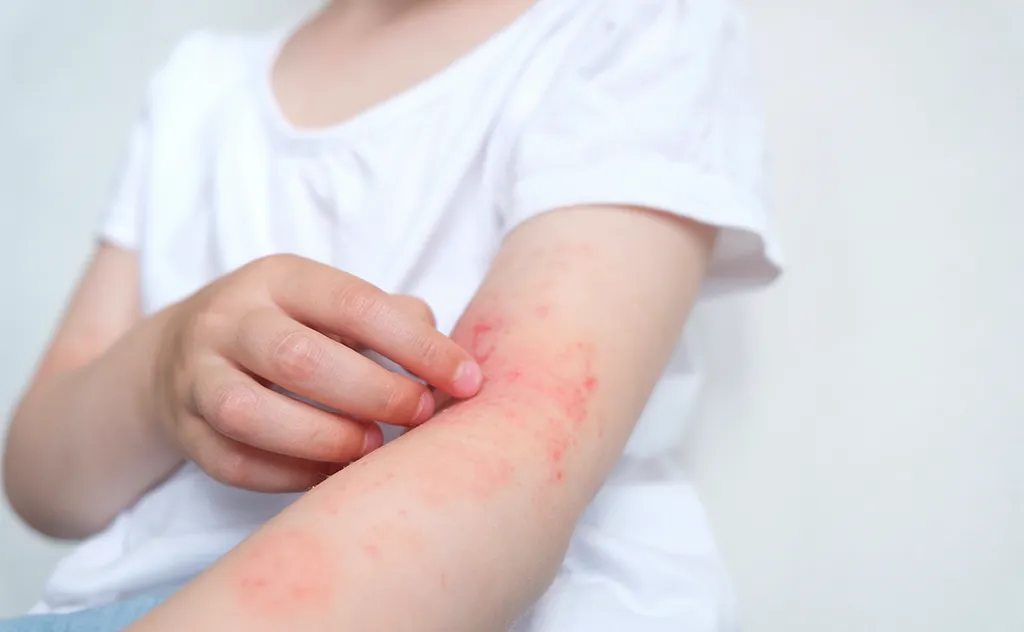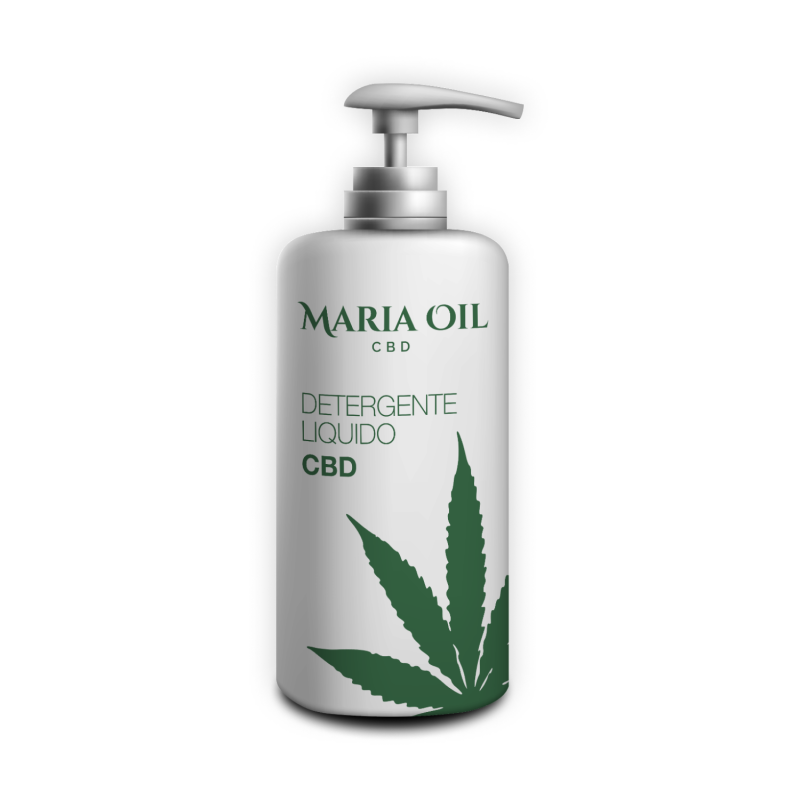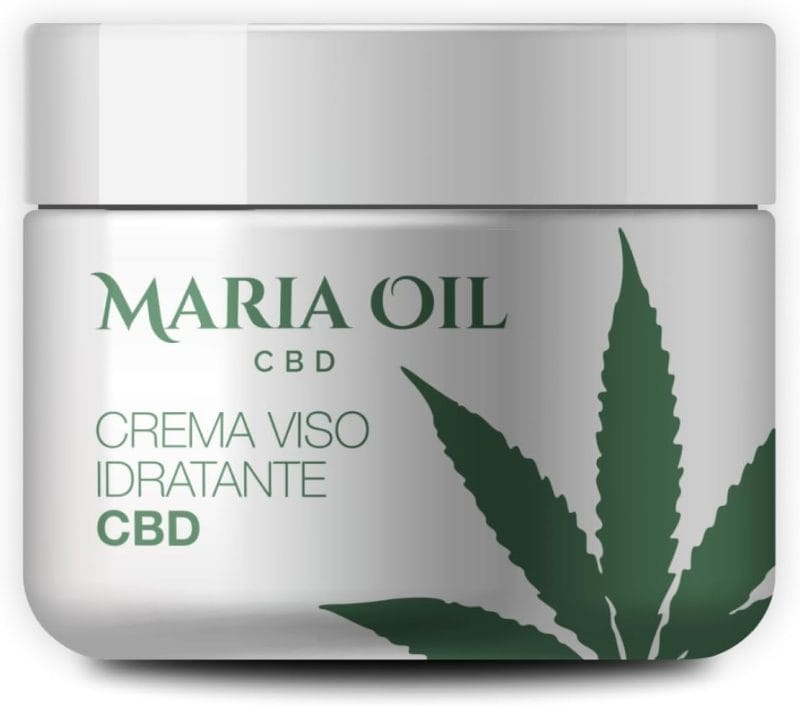Psoriasis, a skin disease that affects millions of people worldwide, is often associated with numerous triggering factors. One such factor that is becoming increasingly evident is stress.
Stress, which now seems to be the cause of many pathologies of the modern era. Stress that stems from a life lived always in a hurry and perpetually in externality, without moments to listen to each other, to understand each other, to follow one’s own will and not only the commitments imposed by others.
Stress psoriasis is a form of this skin condition that manifests itself or is aggravated by daily stresses and pressures.
In this article, we want to explore the distinctive symptoms of stress-related psoriasis. We will analyse the underlying causes that link stress to this condition and provide valuable information on how to manage and treat psoriasis naturally.
Stress psoriasis is a significant challenge for those affected, but there are ways and products to manage it effectively and naturally.
CBD Face and Neck Cleanser
Start your daily beauty ritual with Maria Oil’s Organic Facial Cleanser. This formulation combines high quality ingredients to ensure a thorough cleansing and an extraordinary hydration. Regulates sebum Anti-inflammatory, soothing and calming 100% natural 250 ml format
Correlation between stress and psoriasis
As we said, psoriasis is a chronic skin disease that manifests itself as red, inflamed, scaly patches. The cause of psoriasis is unknown, but it is believed to be due to a combination of genetic and environmental factors.
Stress is one of the environmental factors that can trigger a flare-up of psoriasis. 90% of psoriasis patients reported that stress worsened their symptoms or even triggered the disorder.
How does stress affect psoriasis? First of all, stress can cause the body to release hormones such as cortisol. Cortisol can increase inflammation, which is a trigger for psoriasis.
Secondly, stress can alter the immune system. The immune system is responsible for the body’s defence against infections. However, in people with psoriasis, the immune system mistakenly attacks healthy skin cells. Stress can worsen this condition, increasing the risk of flare-ups.
Thirdly, stress can worsen the psychological symptoms of psoriasis, such as anxiety and depression. These symptoms can in turn worsen psoriasis, creating a vicious circle.
What does stress psoriasis look like?
Stress psoriasis can manifest itself in different forms, but generally has characteristic skin symptoms.
How does it start to manifest itself? This is how it commonly presents itself:
- Skin plaques: the most common form of psoriasis, these are raised, thick patches of skin, red or pink in colour, covered with silvery or white scales;
- Itching and irritation: patients with stress psoriasis may experience intense itching and irritation in the affected area and the itching may worsen when the skin is dry or irritated;
- Reddening: the affected areas may be reddened and inflamed, giving them a distinctive appearance;
- Chapped skin: the skin may crack or even bleed in affected areas, especially if it is scratched excessively.
And what part of the body does it come in? Stress psoriasis can occur in several areas, but the most frequently affected areas include the knees, elbows, scalp, lower back and nails. Sometimes stress psoriasis can also occur on the face, which is particularly disabling.
It is important to note that stress psoriasis can vary greatly from person to person, and some suffer more severely than others. The relationship between stress and psoriasis can lead to periods of worsening symptoms in conjunction with emotional events.
How to alleviate the effects of psoriasis
How to recover from stress psoriasis? Although no definitive cure has been found, there are several ways to alleviate its symptoms.
Here are some strategies you can consider:
- Consult a dermatologist: before starting any treatment, it is important to consult a dermatologist or a doctor specialising in skin diseases to accurately diagnose your condition;
- Topical therapies: many people with psoriasis use topical creams or ointments based on corticosteroids or retinoids, these drugs can help reduce inflammation and slow down the growth of excess skin cells, but one must be careful of side effects;
- Phototherapy: phototherapy involves the controlled exposure of the skin to ultraviolet (UV) radiation under the supervision of a physician;
- Oral medication or injections: In some cases, the doctor may prescribe oral medication or biological injections to treat psoriasis, especially if it is severe or widespread;
- Avoid triggering factors: such as stress, smoking, alcohol, sun exposure and certain infections can worsen psoriasis symptoms;
- Keep your skin moisturised: regular moisturising of the skin can help reduce itching and improve the appearance of psoriasis-affected areas, use moisturising creams without perfumes or dyes to avoid irritation;
- Avoid scratching: scratching psoriasis lesions can cause skin lesions and worsen symptoms;
- Diet and lifestyle: maintaining a balanced diet and healthy lifestyle can help control psoriasis, reduce consumption of foods high in sugar and saturated fat, and try to manage stress with physical activity or relaxation techniques.
Each person reacts differently to treatments, so it is important to work in cooperation with your doctor to find the treatment plan that suits you best.
CBD Moisturising Face Cream
Our CBD Moisturising Face Cream contains a combination of precious active ingredients that support the skin and improve its elasticity. It is particularly suitable for dry, irritated and reddened skin, as it provides intense hydration and a regenerating effect at the same time. CBD Moisturizing Face Cream Hydrates and strengthens the skin 100% Organic Vegan…
Psoriasis and CBD
Some preliminary research suggests that cannabidiol, better known as CBD, one of the compounds extracted from the cannabis plant, may have potential benefits for people with psoriasis.
CBD has been known to humans since ancient times for its anti-inflammatory properties. Since psoriasis is an inflammatory skin disease, some people believe that CBD can help reduce inflammation and alleviate symptoms.
In addition, CBD interacts with the body’s endocannabinoid system, which is involved in regulating various physiological processes, including stress and the immune response.
Cannabidiol has been shown to slow the growth of skin cells, which is an accelerated process in psoriasis, and to have analgesic, anti-itching and moisturising properties that reduce the itching caused by psoriasis.
For this reason, more and more people use stress psoriasis cream, as well as lotions or ointments, to act directly on the affected skin.
Natural cosmetics with CBD against psoriasis
We have just seen the benefits of CBD cosmetics, so now let’s look at the most common products for psoriasis:
- Cream: CBD cream is a good option for treating small or localised areas of psoriasis;
- Oil: CBD oils are suitable for treating larger areas of psoriasis more powerfully than creams;
- Balm: balms are suitable for dry and scaly skin.
When choosing a natural cosmetic with CBD for psoriasis, it is important to choose a high-quality product that has been specifically formulated for skin with psoriasis. It is also important to start with a small amount of the product and gradually increase the dose if necessary.
Here are some tips for using natural cosmetics with CBD for psoriasis:
- Clean and dry the skin well before applying the product;
- Gently massage the product onto the affected area of skin until it is completely absorbed;
- Repeat this two or three times a day, as needed.
However, we remind you of the importance of talking to your doctor before starting any treatment, even if natural.
CBD Moisturising Face Cream
Our CBD Moisturising Face Cream contains a combination of precious active ingredients that support the skin and improve its elasticity. It is particularly suitable for dry, irritated and reddened skin, as it provides intense hydration and a regenerating effect at the same time. CBD Moisturizing Face Cream Hydrates and strengthens the skin 100% Organic Vegan…
How long does it take for stress psoriasis to disappear?
There is no specific time for psoriasis to ‘disappear’, as the response to treatment and severity of the condition varies from person to person.
However, stress can be a trigger or aggravating factor in psoriasis and, if unresolved, can delay healing. In fact, the immune system reacts to stress and this can lead to a worsening of psoriasis symptoms or more severe inflammation.
Ultimately, to deal with stress-related psoriasis, it is advisable to adopt a number of approaches, including:
- Stress management: practices such as meditation, yoga, cognitive-behavioural therapy and exercise can help reduce stress levels;
- Medical treatments: drug therapy can be effective in controlling inflammation and improving the condition;
- Healthy lifestyles: maintaining a healthy lifestyle, including a balanced diet, weight control and avoiding the abuse of certain substances and triggers.
Remember that psoriasis is a chronic disease, which means that it can return in flare-ups or improve in alternating phases.
The effective management of psoriasis often involves a combination of treatments, good skin hygiene and reducing the stress factor.
Explore our range of natural CBD products designed for your well-being and start caring for your skin today.
 Contact us
Contact us 









